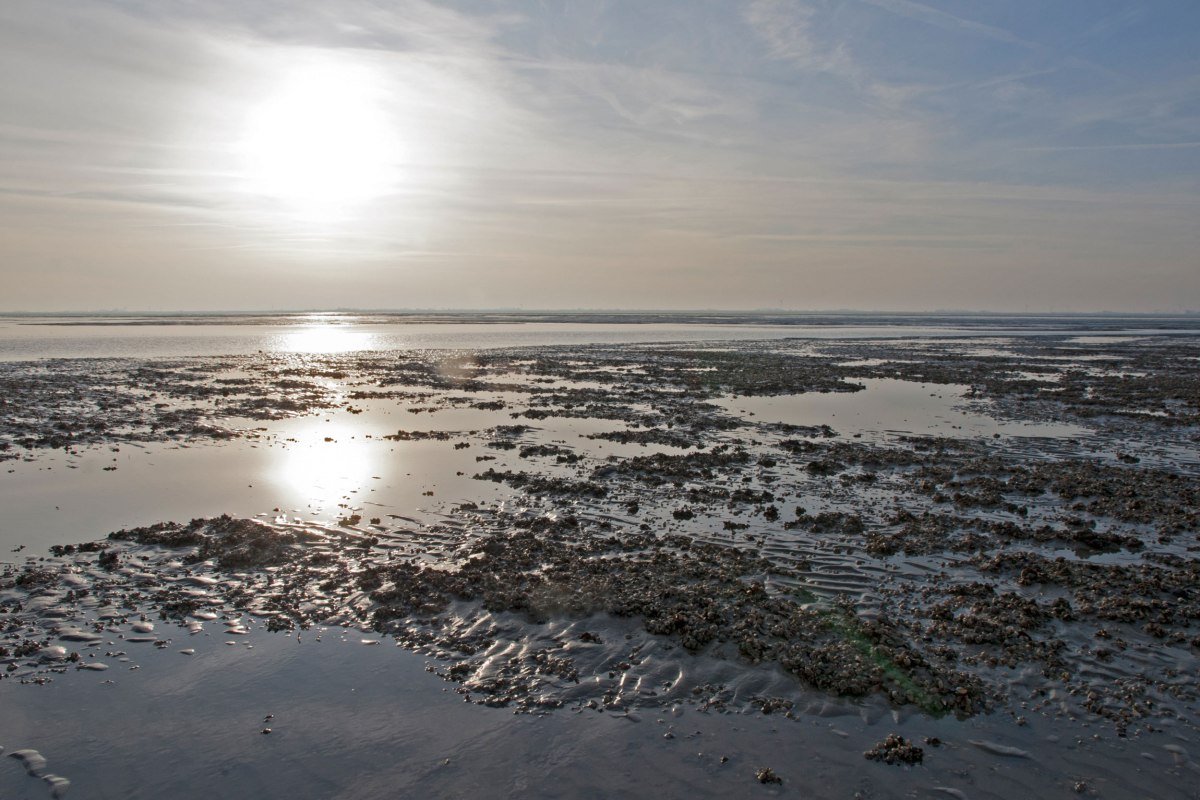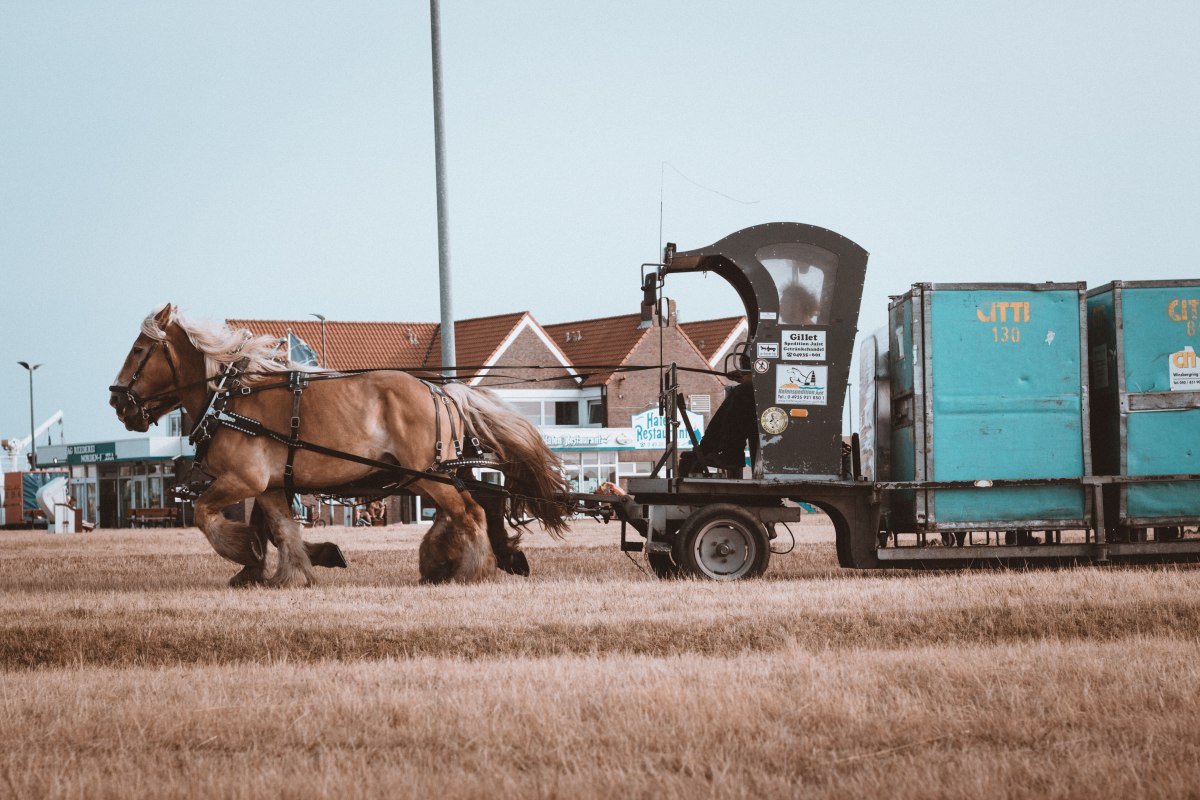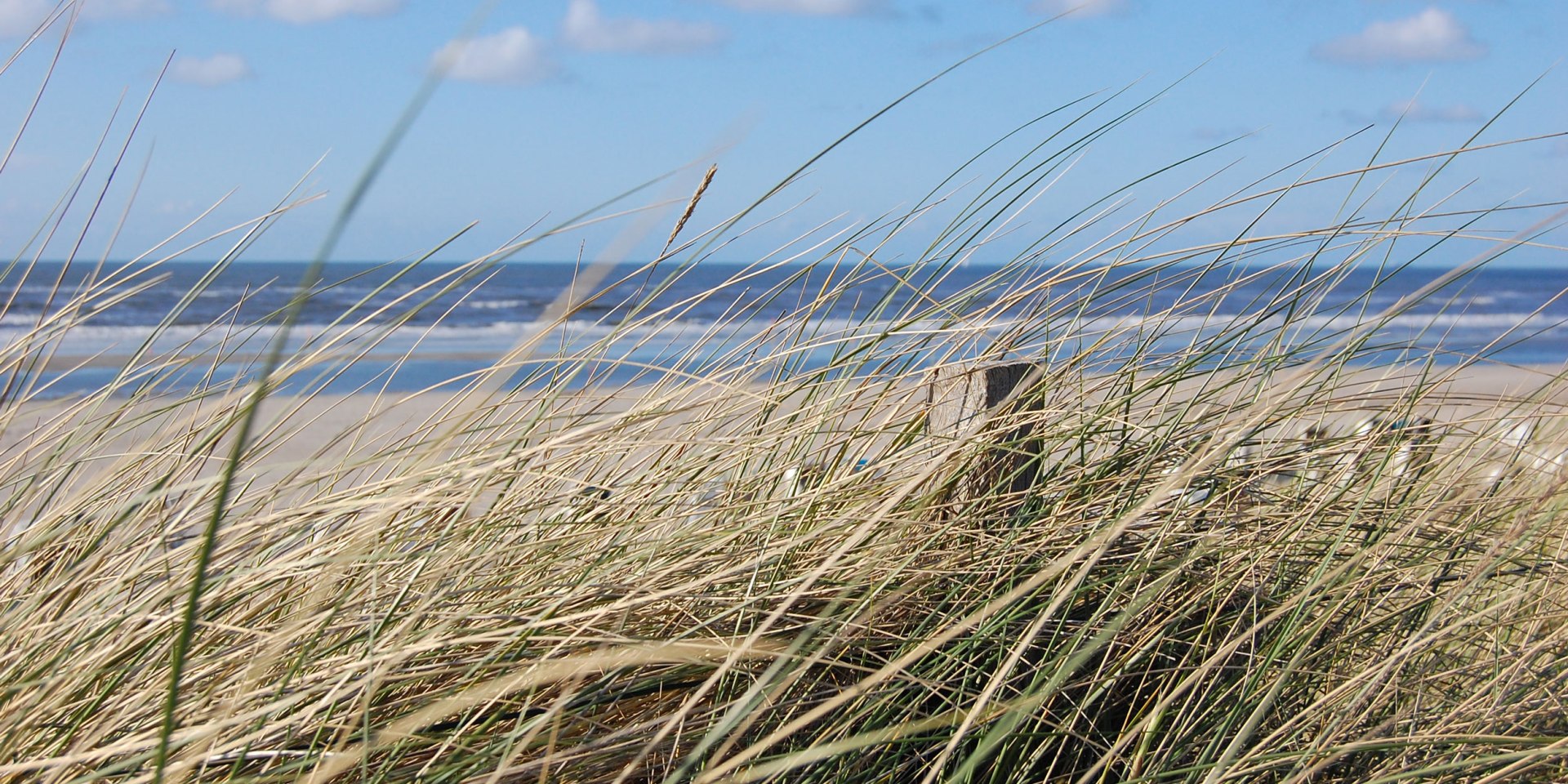‘Natural. And always different.’ – The very slogan of the East Frisian Islands suggests sustainability: environmental protection and ecological awareness are front and centre here. When travelling, nature gives us a feeling of freedom and happiness. Conserving nature and allowing her the freedom to fully flourish are guiding principles of the seven East Frisian Islands. Nature conservation and relaxation go hand in hand here.

The first thing that comes to mind when we think of the East Frisian Islands is the Wadden Sea. As a UNESCO World Heritage Site, protecting the Wadden Sea and its flora and fauna are obviously the top priority for all of the islands. While byelaws robustly protect the Wadden Sea from exploitation by tourism and economic activity, tourists can learn lots about species conservation and the preservation of the Wadden Sea in the visitors’ centres and on mudflat walks.
Most of the islands have been car-free for years. But instead of resting on their laurels, this has encouraged the islands to keep improving their sustainability status. While Norderney produces its own green electricity, Langeoog has its own freshwater lens which provides a fully self-sufficient drinking water supply. Borkum too has set itself the goal of becoming more or less CO2-neutral and emissions-free in the next few years by using wind, seawater and solar energy. The ferry operated by Reederei AG in Ems from Emden to Borkum already runs on environmentally-friendly liquid petroleum gas.

The island of Juist, on the other hand, relies on horsepower and transports visitors, inhabitants and goods from A to B by carriage and horse-drawn tram. On Wangerooge visitors can expect beautiful white sandy beaches, coffee-to-go in china mugs and fabric bags instead of plastic. And they’ve even thought of four-legged visitors: the health resort administration offers sustainably produced and compostable dog poo bags. Baltrum has a very similar approach and only uses sustainable fairtrade materials for all of its workwear and merchandise. Environmental protection is a high priority on Spiekeroog too. Some businesses reward their visitors with a discount of 5% for travelling by tram.
But that’s not nearly all. To give you an overview of all the latest initiatives, the East Frisian Islands have created an interactive sustainability map (in German) that provides clear information on sustainability and environmental protection.


